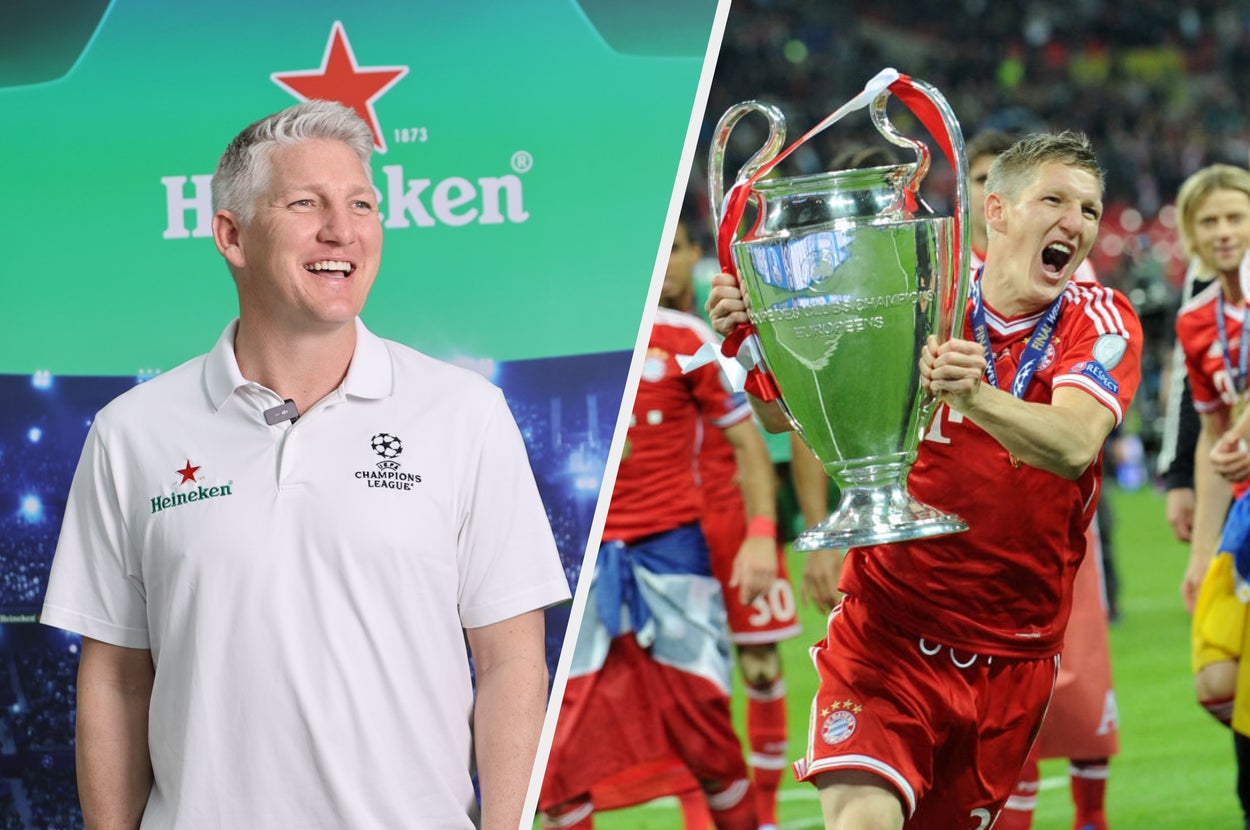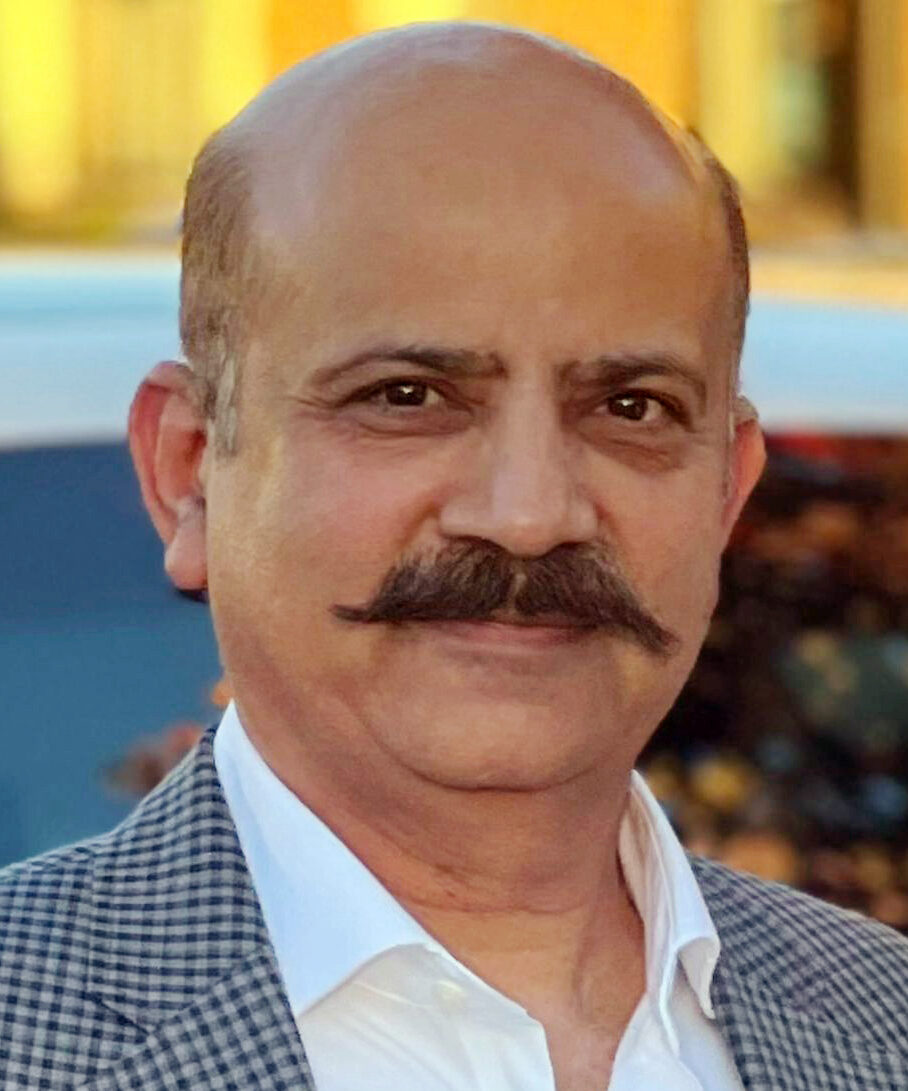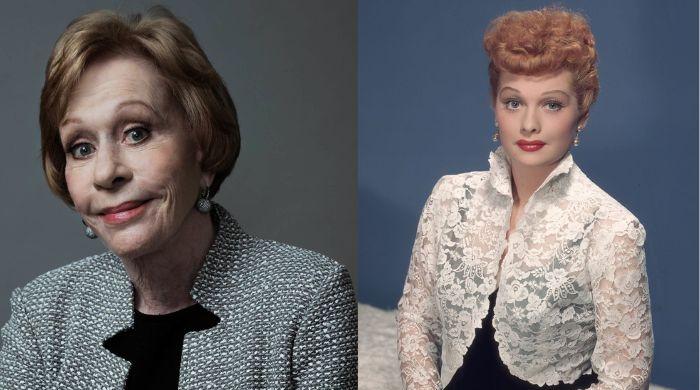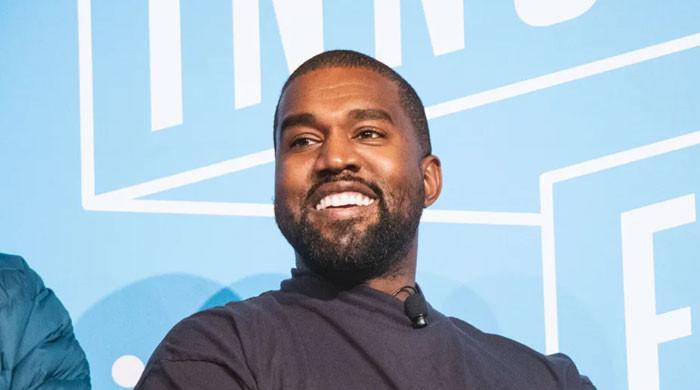We Talked To Bastian Schweinsteiger About All Things Champions League, His Career, And Touring The World With The Champions League Trophy

Reaching the pinnacle of your field is rare, extremely rare. In European club football, that pinnacle is winning the Champions League. On the international stage, it’s becoming a World Cup winner. I had the pleasure of chatting to someone who’s done both: Bastian Schweinsteiger.
Bastian was out in Ho Chi Minh City, Vietnam for the Champions League trophy tour.
The tour itself started in Vietnam, where fans of the Champions League watch the games from 2am-4am midweek in order to support their teams.
I asked Bastian what drew him to the tour itself:
It’s a big honour to be part of the tour, with Heineken as a huge sponsor of the Champions League. Also, to be able to connect worldwide with supporters, it’s great. I haven’t been to Vietnam before, so it’s my first time here, and I’m very curious to see the culture and meet the people, especially the hardcore fans.
Were you surprised by how many Champions League fans there were in Vietnam?
Yes, I was. Back in the days when I was playing for United or Munich, sometimes we had those kinds of tours, summer tours. You see how big the club is, how many fans you have abroad. You’d see video clips where you can see all the fans, and it always felt a bit surreal. But now, being here and witnessing it — it’s great. I’m really looking forward to watching the games with the fans.
How important do you think global fans are to clubs and the Champions League? There’s so much emphasis on the stadium fans, but there are millions more watching worldwide.
Yes, and that’s the special thing. It’s not just the supporters in the stadium. There’s no rule that says fans can’t exist because of their distance from the stadium. It’s actually the opposite. At the end of the day, you have more fans outside the stadium watching the games than inside. That’s special.
Some more local supporters near the stadium sometimes say the only “real” fans are those who attend games. What would you say to them?
The real fans are the ones who support their team until the end, through good and bad times. They wake up in the middle of the night, despite family and the time difference, to unite with the other supporters and be part of something. I don’t know if people in Germany would wake up at 2:00 AM to watch a game, but in some parts of the world they do.
What’s the difference between travelling as a player and now as a former pro? And is there a favourite place you’ve been?
There’s definitely less pressure now, the rhythm is different. As a player, everything’s scheduled. Now it’s more relaxed. A favourite city? I must say I really enjoyed my three years playing in Chicago. It fit quite well. Obviously, my biggest success came with Munich and the national team, but having this American lifestyle, while still being able to play ‘soccer’ was great.
What was it like going to the States to play for Chicago Fire?
I was surprised by how positive the fans were in the stands. Families and kids felt welcome. It was very safe and felt like a sports event. The pressure’s different from playing for a big team in Europe. You need to adjust. When we lost three games in a row, they told us to stay positive. That was difficult for me. But overall, those were three great years playing in Chicago. What was a struggle was the time difference when I wanted to watch the Champions League or Bundesliga.
What do you think of the new Champions League format? How do you think it worked?
In the beginning, people struggled with it, but I must say that now after the first time, I really liked it. ‘Smaller’ teams like Brest or Aston Villa played a big role. You get big matches earlier in the season — not just in the quarters or semis. It’s interesting. And there are two more matchdays, which adds to the excitement.
There are more teams involved in the competition now, do you think that’s a positive thing?
I think so. To get the smaller team on that stage is huge. Facing big teams and playing in iconic stadiums such as the Santiago Bernabéu — it’s a first for many, and it’s very positive.
Some current players and managers are concerned about the congested schedule, what do you think?
It’s important to think about players’ health. Adjusting the schedule is very important. Of course, players prefer games over training. I was always happy with a Saturday-Wednesday rhythm. But breaks are important, especially for the long term. Other sports like basketball have many more games, but we still need to be careful.
You said players want to play every game. What’s the most you’ve pushed yourself just to play?
Probably during injury. Sometimes the club or national team needs you, but your body may have some pain in the knee or something, but you find a way to play the match. For me, the 2014 World Cup was the toughest in terms of playing football with the pain. I was injured before the team was selected, but the coach still took me. I was able to play on the second matchday, and then it was just about preparing for the matches.
Back to the Champions League. You won it in 2013 with Bayern. How would that team do in this year’s tournament?
Pretty well. That team we had, in my eyes, was unbeatable. The only problem was that we didn’t stick together for that long afterwards. We lost to Chelsea in 2012, and stuck together for the next season, but this team should have been together for two or three years longer, but unfortunately it wasn’t.
There are many great teams that do well domestically but fail to go far in Europe – does it take a different mentality to go far in the Champions League? And which players had that in your team?
Mentality is key in football. We had players like Lahm, Neuer, Ribéry, and Robben, but also players like Mario Mandžukić — not a huge name, but he had that mentality. After losing in 2012, I felt like every day we had a pain in our hearts, and it motivated us to go on and win it the next season.
What did your coach, Jupp Heynckes, say to you after the loss to Chelsea in the final?
After the game, we didn’t talk. But when the next season began, he told me, “Head up. We’ll do it this year.” It also motivated us for the World Cup, it played a big part. Falling down happens, but getting up and handling that type of pressure was something else. We had been chasing a Champions League title for three or four years, and a national team title for eight, so there was great pressure on our backs. But getting up and facing it was so important to us.
What’s the difference between going far in a tournament like the World Cup vs the Champions League?
Winning a World Cup brings the whole country behind you, obviously this is different when playing for a team. But club football feels a little bit more like a family — you see each other daily. I grew up there with some of those guys from Munich.
I wanted to ask about the 7–1 vs Brazil. What was the mood like after that game? How did you stay grounded with the final still coming up?
We were proud, but we showed respect towards Brazil. In the beginning, after the national anthem, the whole stadium singing — it was an unbelievable atmosphere, football is religious over there, it’s incredible.
But when it was 4–0, 5–0, some of their players had tears in their eyes. At halftime it was 5–0, and you could see the fans next to the tunnel crying. It didn’t feel right to celebrate. What’s interesting was, after the match, on the way back to the hotel, Brazilian supporters were already cheering for us — because we were going to face their rivals Argentina in the final.
After winning the treble in 2013 and the World Cup in 2014, did you feel like the pressure was gone, and was it hard to motivate yourself again?
No, we wanted more. Winning these big trophies feels so good — you want to do it again. Even now, I’d love to win the Champions League or the World Cup again tomorrow. It becomes addictive.
Have you ever thought about going into management?
Right now, I’m happy with how things are. I cover big games and stay close to football. The game is always evolving — it’s fascinating. In five or ten years, who knows? You need the right energy and mindset to manage today, so we will see.
What about Thomas Tuchel becoming England manager? What do you make of him?
I like him. He’s a very good coach. He’s had a few issues at Munich, but his football knowledge is excellent. He loves the English mentality. He’s a good fit.
But as you see with Southgate, he played two finals but still had to leave. Expectations are extremely high — sometimes too high.
What about José Mourinho? Did you reconcile after he treated you disrespectfully at Manchester United?
No bad feelings with José. We had conversations. I respect him as a manager. He’s entertaining. He’s one of the greats and has won a lot of trophies, so you have to respect him. It didn’t work out between us, but I wouldn’t say anything bad about him.
Finally, your prediction for this year’s Champions League final?
I have a feeling PSG will go through to the final. Bayern beat PSG in the final 3-1.
Editor’s note: I appreciate the hope, Bastian, but Inter Milan subsequently knocked Bayern out, leaving Inter vs Barcelona and Arsenal vs PSG, as the two semi-final ties.







